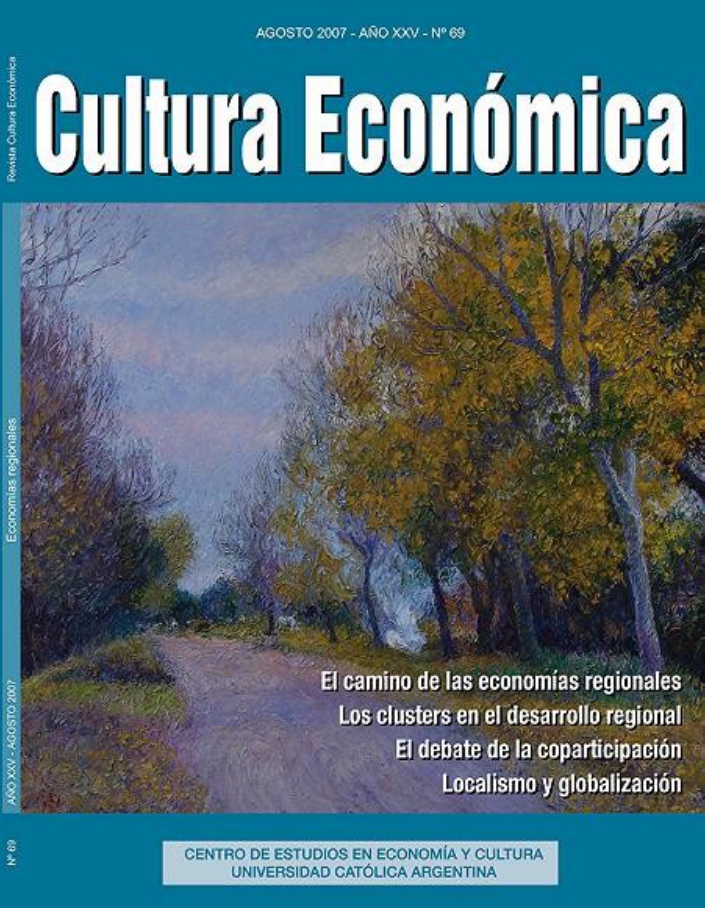La coparticipación federal de impuestos: una propuesta para salir del actual galimatías
Palabras clave:
Constitución nacional, modelo tributario, recaudación potencial y real, organismo fiscal federalResumen
Las dificultades para compatibilizar la organización política de un país con la actividad económica que en él se desarrolla se manifiestan especialmente en la formulación de su modelo tributario y en particular en los métodos de asignación de los recursos fiscales
comunes. En nuestro país los criterios para resolver estos conflictos no se elaboraron a partir de análisis económicos optimizadores ni con un sentido superador de los desequilibrios regionales. Más bien consolidaron situaciones de hecho, respondiendo a disputas impulsadas por la emergencia. Por otra parte, se corre el riesgo de proponer soluciones de aparente simplicidad y corresponsabilidad, pero que encierran dificultades de instrumentación jurídica y de gestión que pueden generar nuevas asimetrías y conflictos. En este artículo, el autor propone la elaboración de modelos de asignación fiscal que armonicen la técnica jurídica con la realidad económica y procuren la equidad, la eficiencia y la corresponsabilidad de los
protagonistas.
Descargas
Citas
Constitución de la Nación Argentina, arts. 75 y 121.
Jarach, Dino (1978), Finanzas Públicas, Editorial Cangallo, Bs.As.
Martín, José María (1980), Derecho Tributario Argentino, Ediciones Cima, Bs.As.
Due, John y Ann F. Friedlaender (1977). Análisis Económico de los Impuestos y del Sector Público. El Ateneo, Bs.As.
Lascano Marcelo R. y Víctor S. Groppa (1974), Boletín DGI Nº 250.
Groppa, Víctor S. (1996).”El modelo tributario y su marco económico”, Cuarto Congreso Tributario, Consejo Profesional de Ciencias Económicas de la Capital Federal, Mendoza.
Descargas
Publicado
Cómo citar
Número
Sección
Licencia













